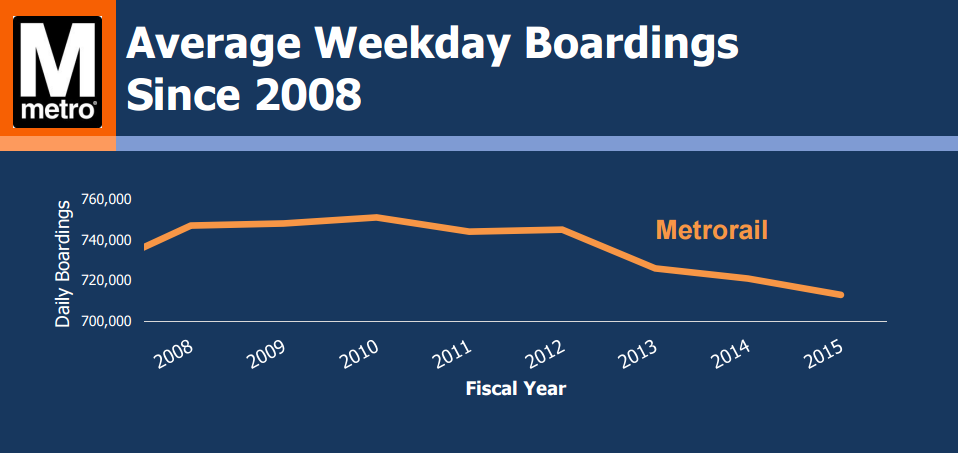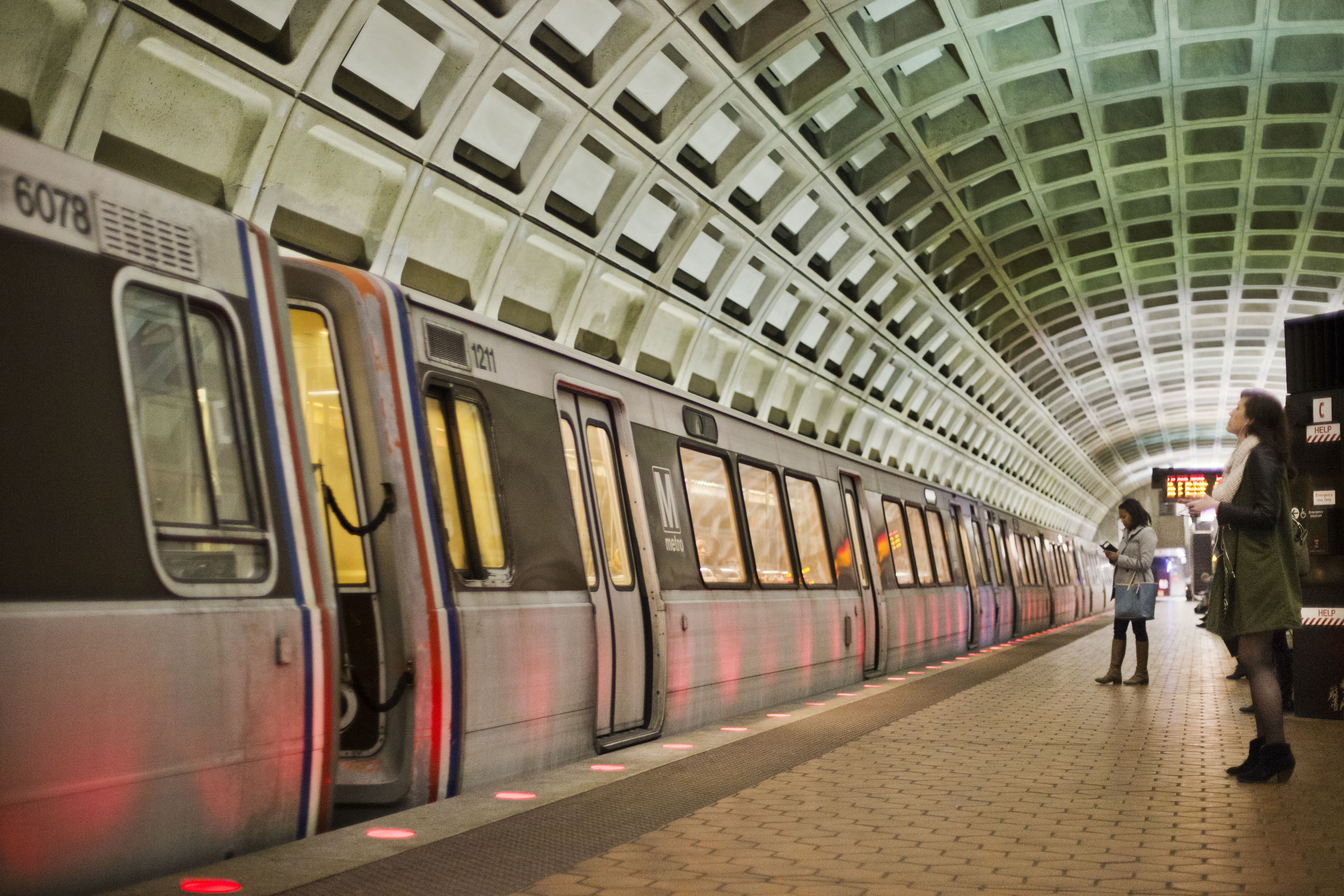WASHINGTON — It’s not all that uncommon for Metrorail riders to experience long delays during an average workweek, but now a group representing riders wants the transit agency to pay up when service falters.
The Metro Riders’ Advisory Council (RAC) is recommending that Metro provide automatic fare refunds during “extreme and unforeseen” service delays. Automatic fare refunds would mean the rider would not be required to contact customer service to request the refund.
Metro prefers to use the term “credit” as opposed to “refund” because it argues that it does not hand money back to customers, but rather credits their SmarTrip cards.
The annual RAC proposal provides guidance on what it believes riders want to see in the new budget. Negotiations typically begin in December and last approximately six months.
“This year there have been more serious delays than any time in my memory. We hear it more because the delays are happening with more regularity and people are frustrated at paying peak fares during those times,” says Barbara Hermanson, chairwoman of the RAC.
She adds that refunds would be a goodwill gesture to riders at a time when the agency is struggling to maintain ridership. Earlier this month, Metro reported a five percent drop in daily ridership over the last five years. Metro Interim General Manager Jack Requa admitted to reporters that unreliability was one of the root causes.
Chris Barnes, of the WMATA Riders Union, calls the RAC proposal a positive action for riders. Barnes is a critic of the transit agency, using the Twitter handle @FixWMATA.
“If riders aren’t receiving peak-level service, they shouldn’t pay peak-level prices. Period,” says Barnes.
“For the RAC all of this is huge. They’re taking steps to move away from being ‘representative riders,’ a term they’ve boasted in the past, and moving more towards being ‘rider representatives.’ I credit Barbara, newer members and older members willing to push forward for making all this possible,” Barnes adds.
But in order to go forward with such a proposal, Metro would need to make a change to a document known as the Tariff of The Washington Metropolitan Area Transit Authority On Metro Operations.
The document is clear that adjusting fares requires the approval of the Board of Directors.
“During a declared emergency resulting from an event occasioned by nature or by human intervention that could not have been prevented by any reasonable amount of foresight or prudence, or by any reasonable degree of care or diligence, the General Manager/Chief Executive Officer or Designee may lower fares from peak fares to off-peak fares for a period not to exceed 48 hours if it is apparent that significantly lower than normal service levels will be provided. All other cases of lowered fares for the same events may occur only by the vote of the Board of Directors. Whenever the General Manager or Designee lowers fares under this section, the General Manager or Designee shall seek Board approval of this action at the next meeting of the Board of Directors,” it reads.
Requa issued credits to SmarTrip riders after the August derailment outside the Smithsonian station, but the move was announced after the worst of the incident already subsided.







